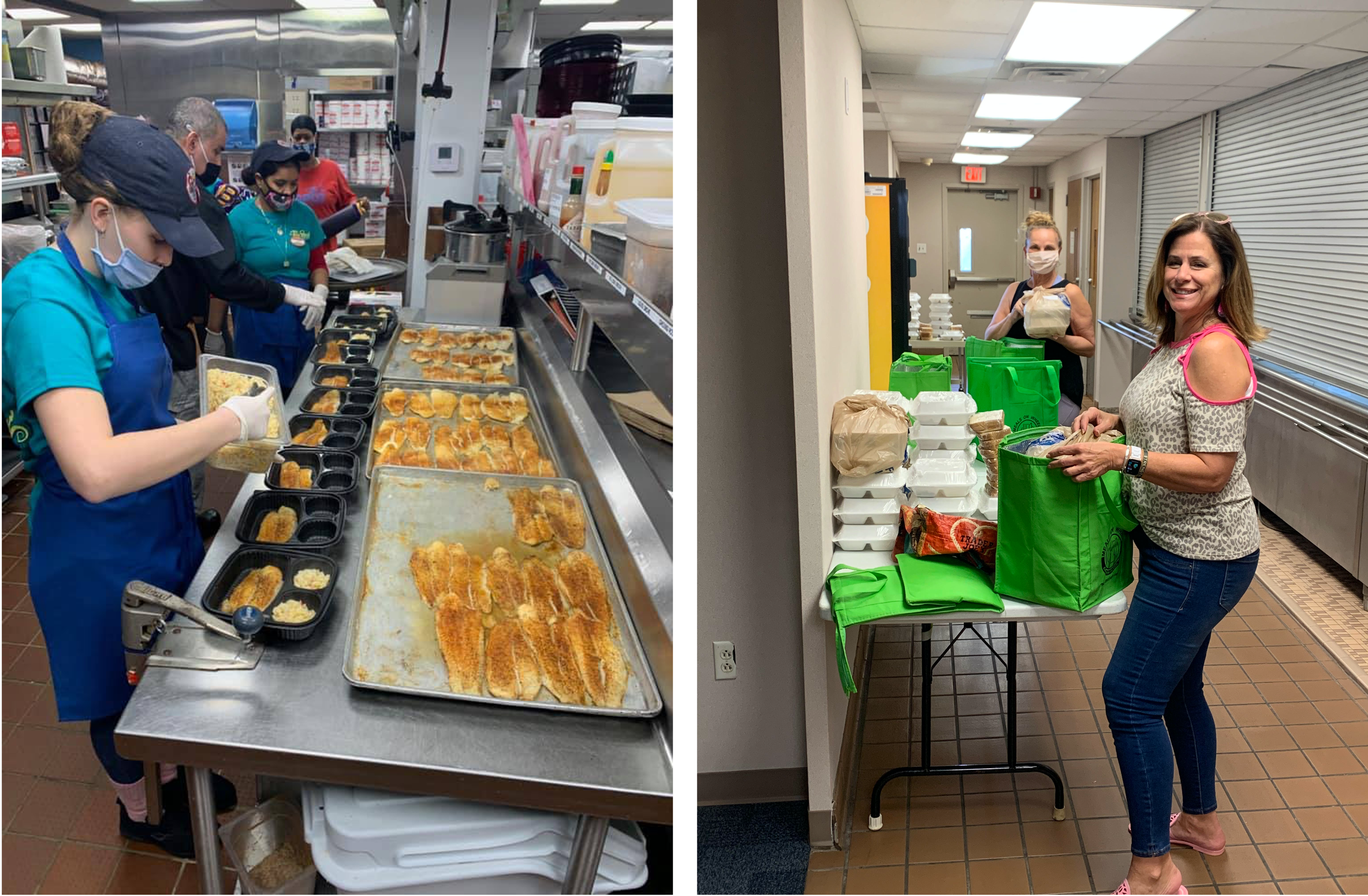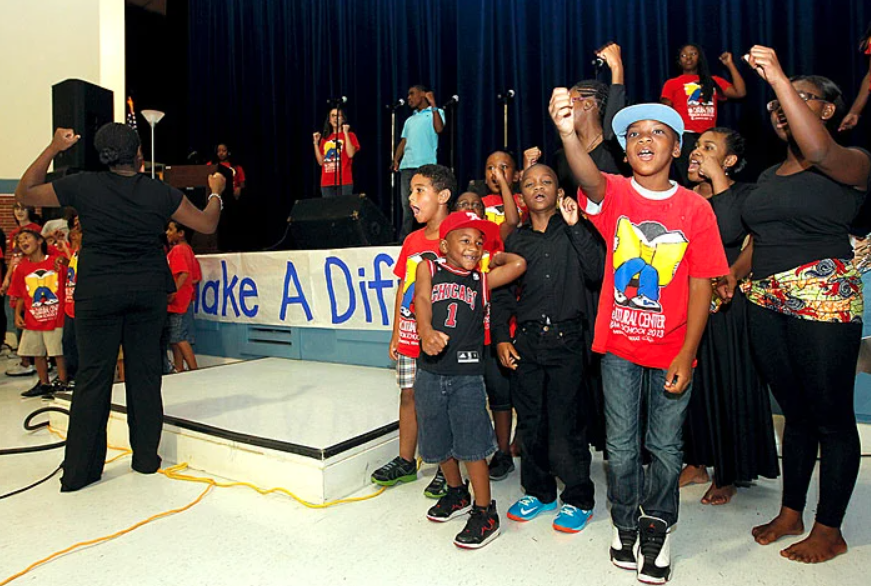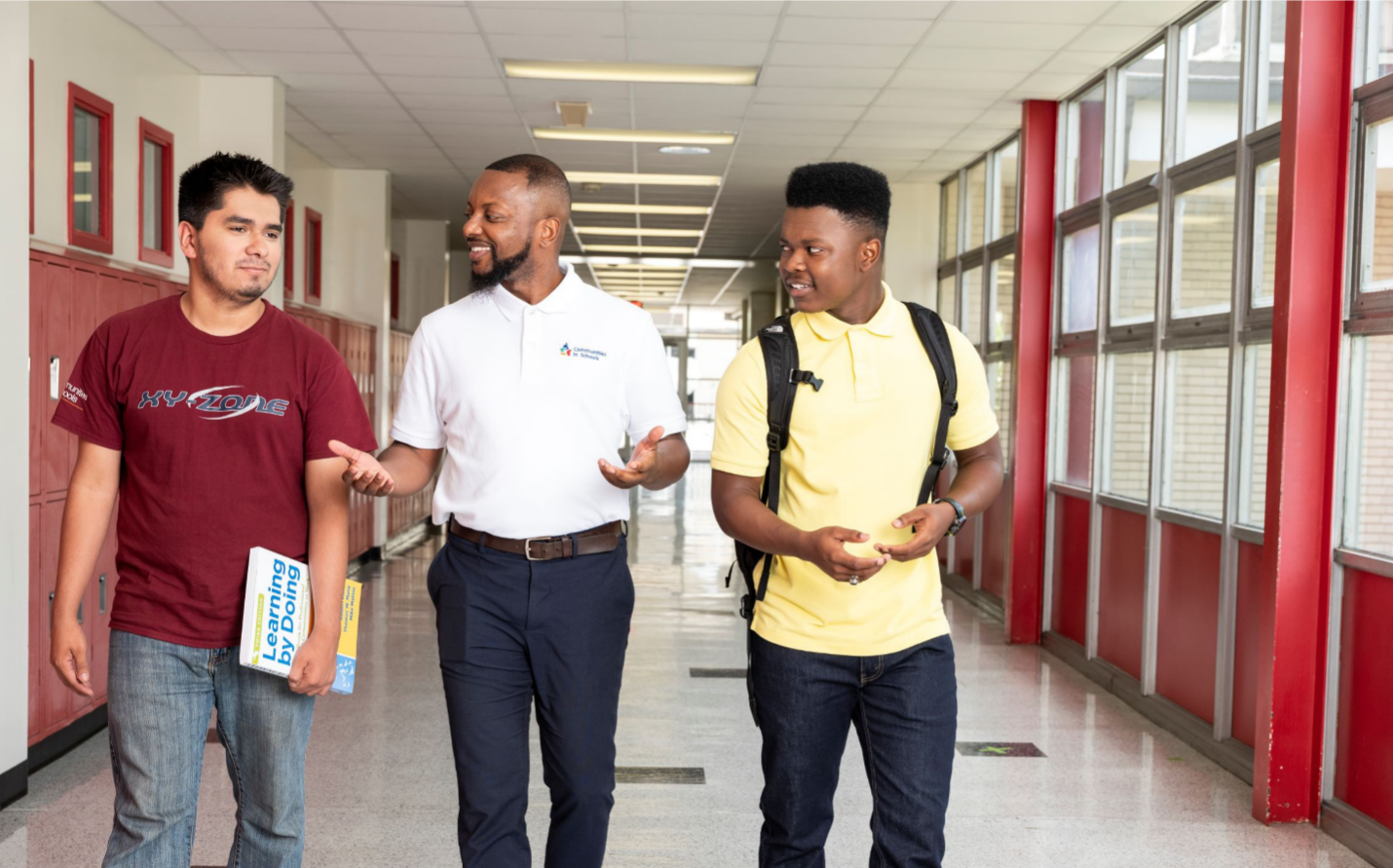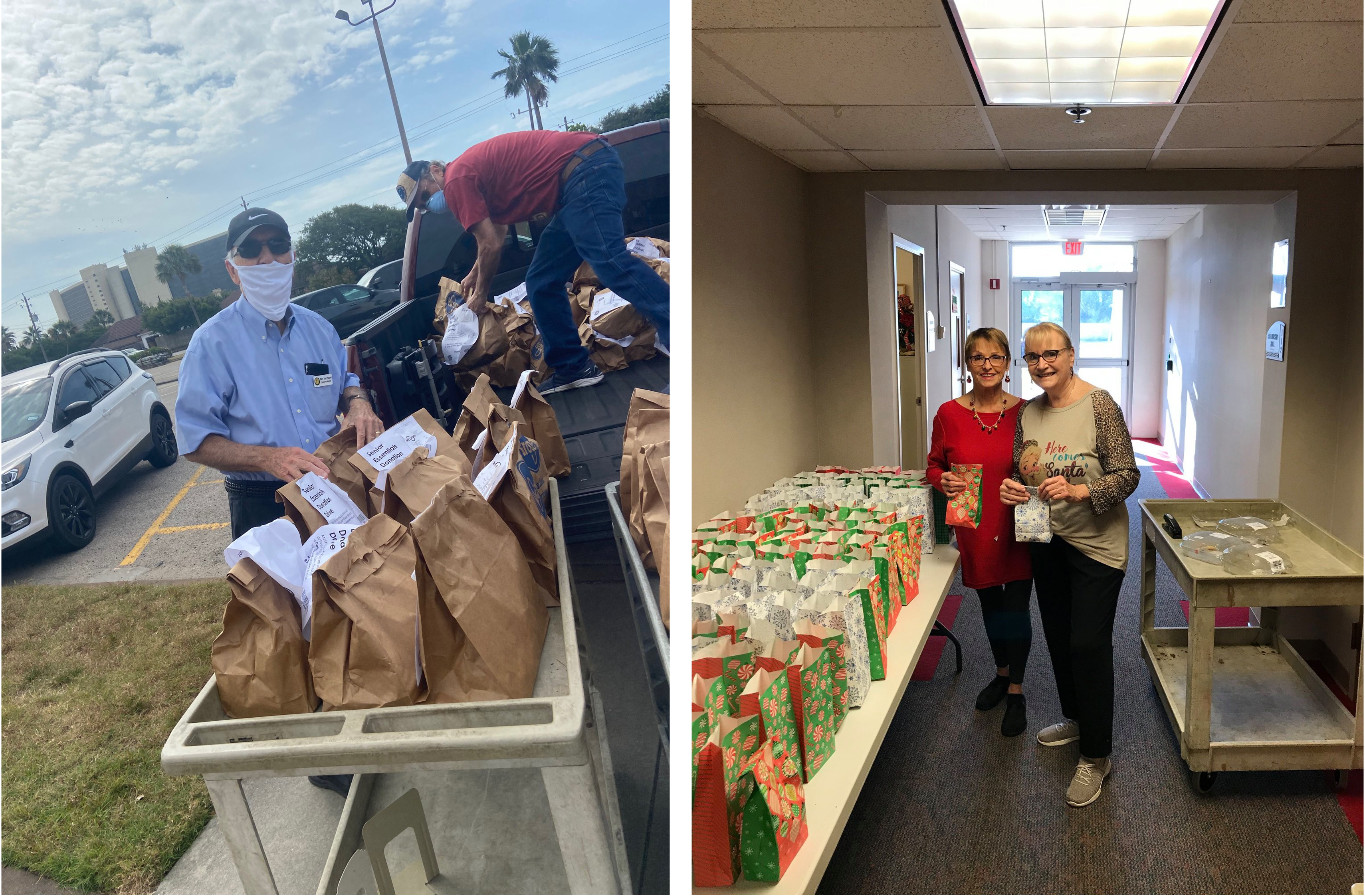
Moody Grant Recipient: Galveston Island Meals on Wheels
Tell us more about your relationship with the Moody Foundation.
Our relationship with the Moody Foundation is fairly new; however, their support came at a critical time in our organization’s history. When our executive director retired in 2021 – after over 40 years of service – we identified a critical need for enhanced technology in order to support continued growth.
We currently deliver nearly 200 meals each weekday, and all meals are divided among 16 delivery routes. Historically, our delivery routes and schedules were housed within a Microsoft Access database, which was outdated, inefficient, and made adding or changing delivery routes extremely time-consuming. While we aim to keep delivery routes to a maximum of 10 meals, many routes ended up with up to 14 to 16 meals, which is difficult for volunteers who are delivering on a limited lunch hour.
The Moody Foundation grant has allowed us to upgrade to a cloud-based routing software designed specifically for Meals on Wheels programs throughout the country. The new software enables us to optimize routes, provide turn-by-turn instructions for new volunteers, and better serve our current clients while simultaneously growing our client base. Additionally, their support will help cover the cost of meals for the nearly 90% of our recipients who cannot afford this vital service.
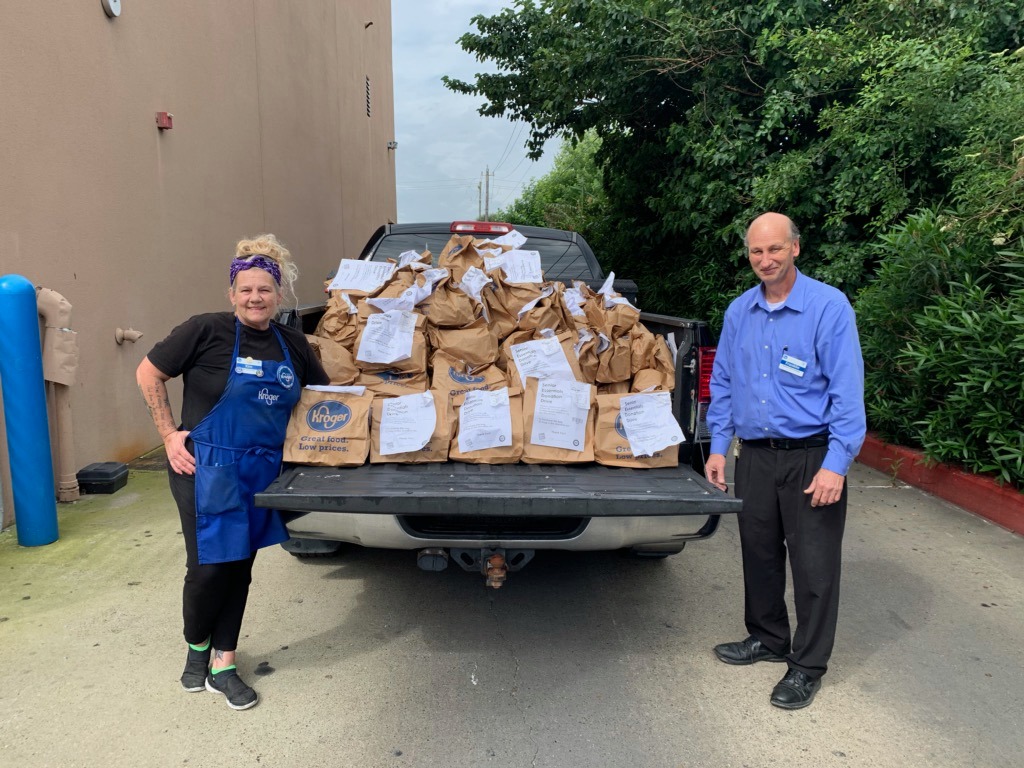
Food Giveaways
How many people does your program help every month/year? Any volunteers?
We serve a lunchtime meal every Monday through Friday – holidays included – to over 200 Galveston residents. In 2021, we served a total of 48,533 meals. Each meal is delivered by our wonderful team of community volunteers with kind words and a smile. We currently have nearly 300 volunteers who deliver meals on a regular or as-needed schedule. For many recipients, the daily visit with their volunteer may be the only contact they have with someone outside of their home on a regular basis.
We are blessed with a wonderful team of volunteers and work constantly to recruit and retain folks who are interested in delivering meals, either on a regular or as-needed, schedule. As we grow our client base and add new delivery routes, we will need to recruit more volunteers who are willing to commit one hour a week to our program.
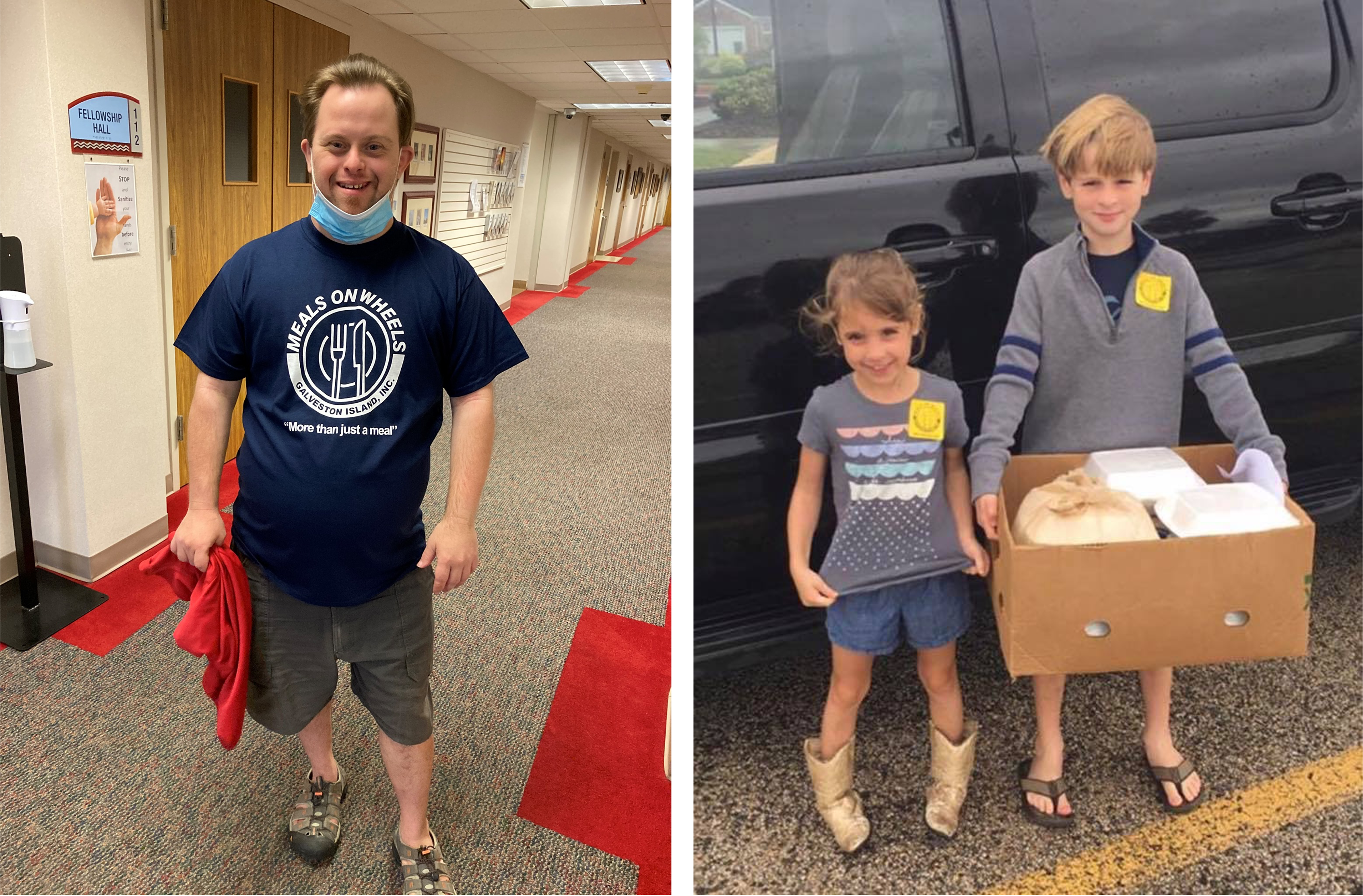
Volunteers
What barriers do you have to overcome when serving your population?
While we receive referrals from hospital social workers and local church congregations, many residents in need of our service may be unaware of our program or how to apply. We are active on social media and maintain and update our website regularly, but additional printed materials are needed to reach potential clients. Many of the individuals we serve do not have access to the internet, so we must ensure the resources they need – such as pamphlets with detailed information on our program, easy access to our application for service and simplified methods to apply for meal deliveries – are readily accessible both on and off the internet.
Additionally, we have identified a need to better serve Spanish-speaking Galveston residents in need of our service. We are currently working to develop informational packets and applications in Spanish so we can distribute them throughout the local Hispanic communities.
How do you see your program growing in the next 3-5 years?
Our team is working diligently to expand our program, with regard to both our service territory and the number of clients we serve. We know that our program could serve more Islanders, both within our current geographic service area and further west. The pace of expansion will depend on several factors including (1) recruitment of additional volunteers needed to cover additional routes, (2) designing new delivery routes, (3) continued and increased funding to support meal costs for new recipients who cannot contribute the full amount of their meals, and (4) more extensive outreach to make residents aware of our program.
The Moody Foundation plays a critical role in all of these areas through our grant for upgraded technology, expanded communication and funding for recipients who cannot pay for their meals.
